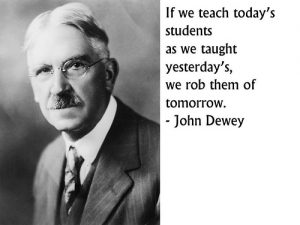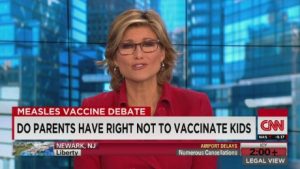Every year, tens of thousands of Americans are sentenced and jailed for nonviolent drug offenses. These criminals are often victims of mandatory sentencing, a byproduct of the decades old and frankly, outdated, war on drugs. While I understand that the politicians of the past saw a link between crime and rising drug use, the failure of the war on drugs proves that the decriminalization of drugs is necessary. The laws once made sense, but as evidenced by the enormous prison population of America, they are leading to numerous negative consequences. These ridiculous drugs laws unfairly target the poor and minority communities as richer drug offenders often have the means to better lawyers and buy drugs from more discreet and safer places. As I have noted before, a penal legal system is not a productive one. We need a system in place for drug abusers that aims at reform, not jail time. Currently, our tax dollars are being used to house and feed thousands of harmless drug offenders while that money could instead be used to rehabilitate them within their own communities and provide resources for all. If we replace police force with education, we will see better results. Much like the successful no smoking campaign, the war on drugs should aim to educate, not force. An educated community is less likely to do drugs- or at least make more informed decisions on them.
Laws must be judged on their consequences, just like actions. The action of doing a drug affects only yourself and possibly your immediate family who may have to deal with your constant intoxication. However, the mandatory sentencing laws have countless negative consequences. These laws rip families and communities apart, force users to turn to dirty needles and sketchy drugs and push the drug market further into the black market. The role of the government is not to predict that doing drugs will hurt the community, it is to react. The government is needed to react to the workings of drug cartels, as those have many negative affects on the community in which they operate, but the government is not needed to react to the daily using of drugs on the personal level. Users only hurt themselves, sellers hurt many. Drug use is simply not a public matter, just as alcohol consumption by adults isn’t regulated by the government. If the citizen has effective media about drug use, much like cigarettes, the rate of drug use will naturally decline.


 Don McLeroy’s religious fueled assault on public schools is a classic example of a ruler who serves his own interest in such a way that it infringes on the liberty of an entire society. His ideology is directly at odds with Darwin’s pragmatic work and the very existence of the scientific method. It is an enemy to what
Don McLeroy’s religious fueled assault on public schools is a classic example of a ruler who serves his own interest in such a way that it infringes on the liberty of an entire society. His ideology is directly at odds with Darwin’s pragmatic work and the very existence of the scientific method. It is an enemy to what  A compassionate society would drive itself in obvious ways as well as unexpected ones. External pressure guides everything about the way people live: the way people vote, the way they write laws, and the way people of one generation raise their youth who will then repeat the cycle. Imagine a society whose pressures were driven by a sincere and well-examined conscious and who improved with every generation. But students are rarely invited to challenge their values and as such general schooling can be thought of just as in crisis as liberalism.
A compassionate society would drive itself in obvious ways as well as unexpected ones. External pressure guides everything about the way people live: the way people vote, the way they write laws, and the way people of one generation raise their youth who will then repeat the cycle. Imagine a society whose pressures were driven by a sincere and well-examined conscious and who improved with every generation. But students are rarely invited to challenge their values and as such general schooling can be thought of just as in crisis as liberalism. hat the only purpose for which power can be rightfully exercised over any member of a civilized community, against his will, is to prevent harm to others.” According to Mill, government intervention is appropriate if the decision or action is causing harm to the society at large.
hat the only purpose for which power can be rightfully exercised over any member of a civilized community, against his will, is to prevent harm to others.” According to Mill, government intervention is appropriate if the decision or action is causing harm to the society at large.